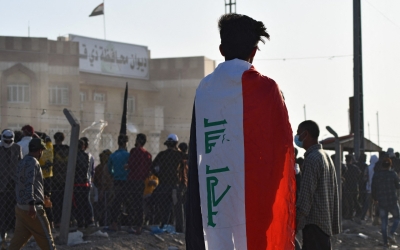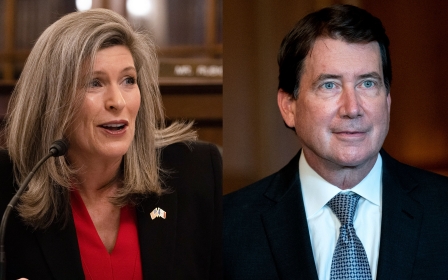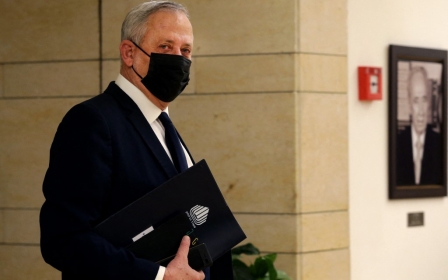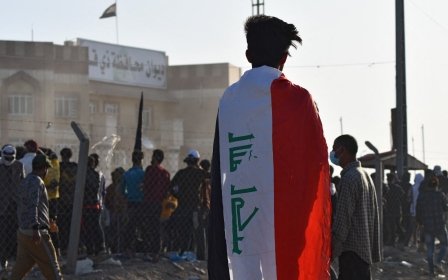US says it will do what is necessary to defend itself after attack in Iraq
The US has said it will do what "we need to do" to protect its interests in Iraq following a rocket attack on an airbase by an armed group last week.
Defense Secretary Lloyd Austin on Sunday said the US was urging Iraq to quickly investigate the incident at the base in western Anbar province and determine who was responsible. US officials have said the incident fits the profile of a strike by Iran-backed militia.
"We'll strike, if that's what we think we need to do, at a time and place of our own choosing. We demand the right to protect our troops," Austin told ABC's This Week.
Asked if Iran had been given a message that US retaliation would not constitute an escalation, Austin said that Iran is fully capable of assessing the strike and US activities.
"What they should draw from this, again, is that we're going to defend our troops and our response will be thoughtful. It will be appropriate," Austin said. "We would hope that they would choose to do the right things."
There were no reports of injuries among US service personnel after the attack, but an American civilian contractor died after suffering a "cardiac episode" while sheltering from the rockets, the Pentagon said.
Iraqi officials said 10 rockets landed at the base, but the Pentagon was more guarded, saying there were 10 "impacts". It said the rockets appeared to have been fired from multiple sites east of the base, which also was targeted last year by a ballistic missile attack directly from Iran.
US forces carried out air strikes against facilities at a border control point in Syria used by Iranian-backed militias including Kataib Hezbollah and Kataib Sayyid al-Shuhada in February.
Middle East Eye propose une couverture et une analyse indépendantes et incomparables du Moyen-Orient, de l’Afrique du Nord et d’autres régions du monde. Pour en savoir plus sur la reprise de ce contenu et les frais qui s’appliquent, veuillez remplir ce formulaire [en anglais]. Pour en savoir plus sur MEE, cliquez ici [en anglais].





